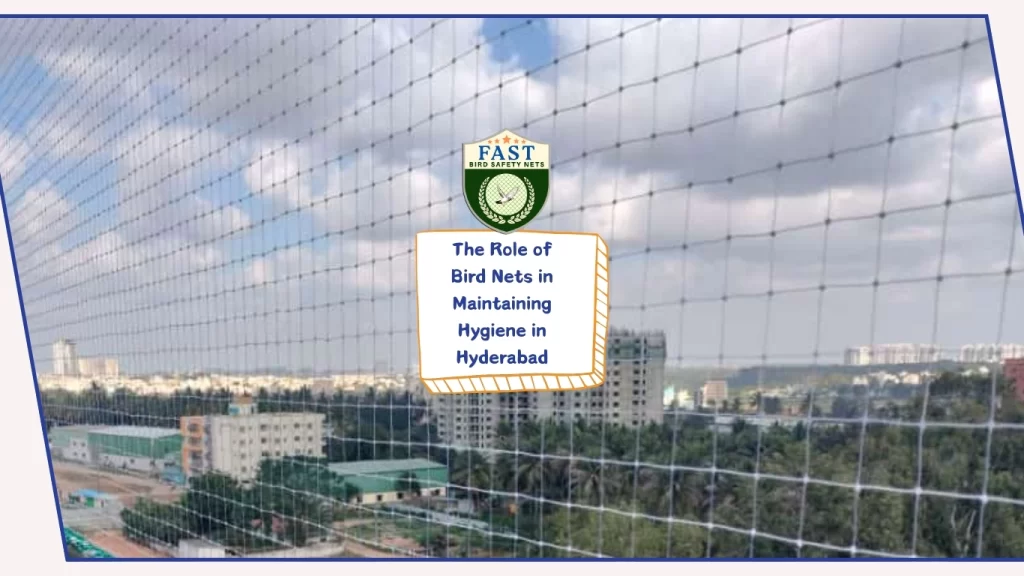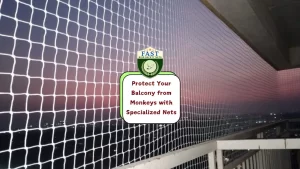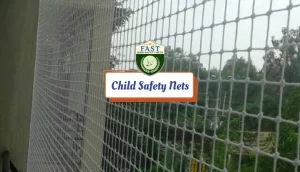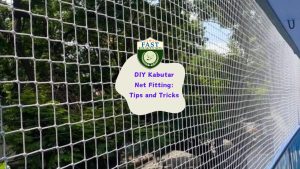As Hyderabad propels forward with its rapid urban development, the coexistence of bustling city life and natural habitats presents a unique challenge: bird infestations. Amidst the growing skyline and expanding urban landscape, the presence of birds, particularly pigeons, can pose significant hygiene concerns for residents and businesses alike. To combat this challenge and ensure the maintenance of cleanliness and sanitation in both residential and commercial spaces, the installation of bird nets has emerged as a critical solution.
The Challenge of Bird Infestations:
Hyderabad’s thriving urban environment has inadvertently created an ideal habitat for birds to flourish. However, their presence brings forth a myriad of hygiene-related challenges:
Disease Transmission: Birds, being carriers of various pathogens and parasites, can transmit diseases such as salmonella, E. coli, and histoplasmosis through their droppings and feathers, posing a significant health risk to human populations.
Fecal Contamination: The accumulation of bird droppings on surfaces not only results in unsightly stains and foul odors but also serves as a breeding ground for harmful bacteria and fungi. Furthermore, dried droppings can become airborne, leading to respiratory hazards.
Property Damage: Bird nests, feathers, and debris not only detract from the aesthetic appeal of buildings but also pose practical challenges. Nests can clog drainage systems and air vents, leading to water damage, mold growth, and ventilation issues, thereby compromising the structural integrity of buildings.
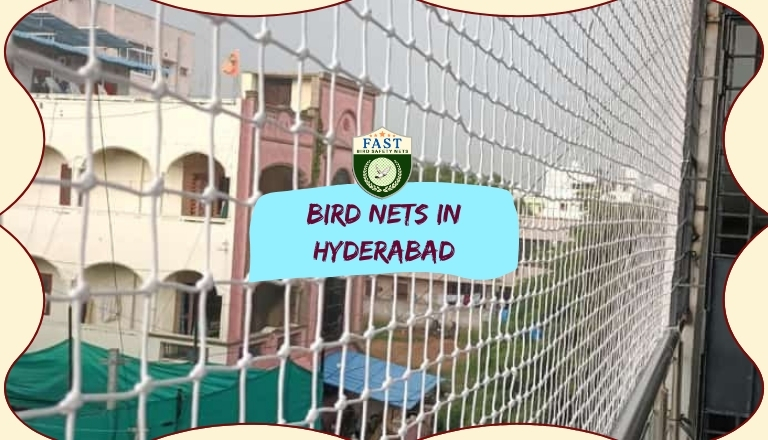
The Vital Role of Bird Nets:
In combating the hygiene challenges posed by bird infestations, bird nets emerge as a proactive and effective solution. These specialized nets are intricately crafted to:
Prevent Roosting and Nesting: Bird nets create a physical barrier that denies birds access to potential roosting and nesting sites on buildings, ledges, and other structures, thereby discouraging them from establishing a presence in these areas.
Protect Surfaces: By enveloping open spaces, architectural features, and vulnerable areas, bird nets serve as a protective shield, safeguarding surfaces from the corrosive effects of bird droppings, feathers, and nesting materials.
Promote Cleanliness: By significantly reducing the accumulation of bird droppings, feathers, and debris, bird nets facilitate easier cleaning and maintenance of outdoor spaces, thereby contributing to the overall cleanliness and sanitation of residential and commercial environments.
Benefits of Bird Nets:
Hygiene Maintenance: Bird nets play a pivotal role in upholding hygiene standards by mitigating the risk of disease transmission and minimizing contamination from bird droppings, thereby fostering a cleaner and safer environment for residents, workers, and visitors alike.
Property Preservation: Beyond hygiene considerations, bird nets also serve as a safeguard for property owners, protecting building structures, facades, and outdoor amenities from the detrimental effects of bird-related damage, thus preserving the aesthetic and functional integrity of properties.
Health and Safety: By creating a bird-free environment, bird nets contribute to the promotion of public health and safety, reducing the incidence of infections, allergic reactions, and respiratory ailments associated with exposure to bird-related contaminants.
Installation and Maintenance:
To ensure the effectiveness and longevity of bird nets, professional installation and routine maintenance are imperative:
Expert Installation: Trained professionals conduct thorough site assessments to identify potential bird roosting and nesting sites, customize the nets to fit the specific dimensions and contours of the area, and securely install them using durable fixtures and fasteners.
Regular Inspection and Maintenance: Periodic inspections and maintenance checks are essential to assess the condition of the bird nets, address any signs of wear or damage, and promptly rectify any issues to maintain the integrity and effectiveness of the bird deterrent system.
Conclusion:
In the dynamic urban landscape of Hyderabad, where the intersection of urban development and environmental conservation presents both challenges and opportunities, bird nets serve as an indispensable tool in the ongoing quest to uphold hygiene standards and ensure the cleanliness and sanitation of residential and commercial spaces. By embracing the installation of bird nets and adhering to rigorous maintenance protocols, residents, property owners, and businesses alike contribute to creating a healthier, safer, and more livable urban environment for current and future generations. As Hyderabad continues to evolve and grow, the role of bird nets in safeguarding public health, preserving property integrity, and promoting environmental sustainability remains paramount in fostering a vibrant and resilient cityscape.

